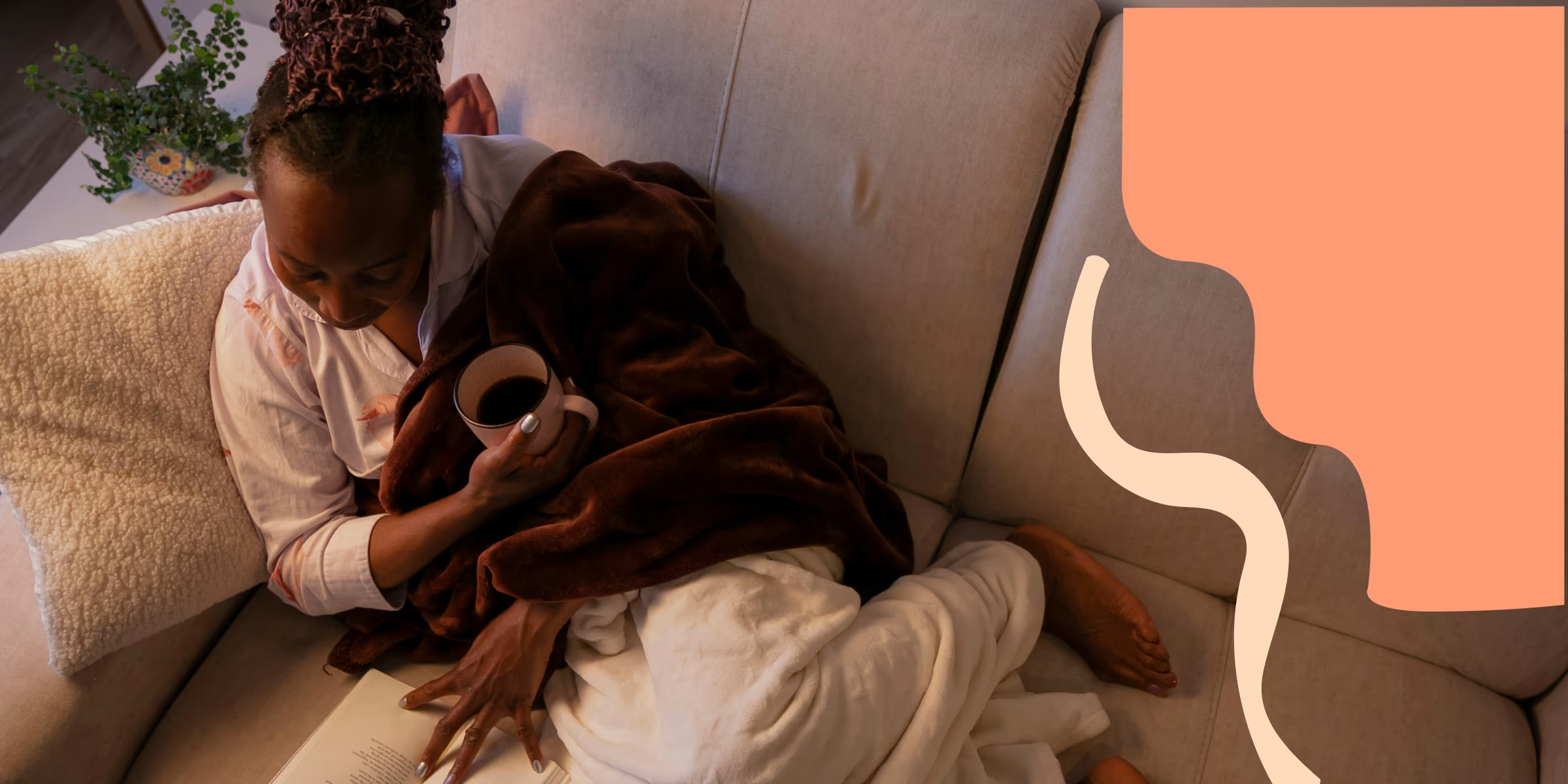Picture this: you’ve had a fun night out, enjoyed a few drinks, and now you’re feeling that all-too-familiar itch. Could alcohol be the reason? The short answer is—kind of. Alcohol doesn’t directly cause yeast infections, but it can create the right conditions for one to develop.
If you think you have a yeast infection, you can consult with a Hey Jane clinician from the comfort of your home. We offer fast, virtual consultations and prescription treatment pick up from your local pharmacy. Learn more here.
What is a yeast infection?
A yeast infection develops when there’s too much of a fungus called Candida in the body. This fungus naturally lives in your body, but it can grow out of control. Common signs of a yeast infection include:
- Itching
- Burning
- Thick, clumpy, white discharge (that may look like cottage cheese)
- Vaginal irritation
Yeast infections are very common—but they can also be really uncomfortable and annoying.
What causes yeast infections?
A few common triggers include:
- Antibiotic use
- Diabetes
- Scented or harsh personal care products (like douches, spermicides, powders, soaps, or deodorants)
- Tight-fitting clothing and synthetic materials (like workout gear or swimsuits)
- Pregnancy
- A weakened immune system
- Hormonal changes around your menstrual cycle
So, does alcohol cause a yeast infection?
Not exactly—but it can contribute to one. Drinks like wine, beer, or sugary cocktails can throw off the balance of bacteria in your body. Both your gut and vagina have healthy bacteria that keep yeast levels in check. Alcohol can mess with that balance in a few ways:
- Feeds yeast: Alcohol is high in sugar and carbs, which yeast loves.
- Weakens your immune system: Making it harder to fight off infections.
- Disrupts your gut health: Which can affect your vaginal health, too.
Does alcohol feed yeast in the body?
Kind of. Yeast thrives on sugar. Drinks like wine, beer, and cocktails with sweet mixers can give yeast the fuel it needs to grow. Additionally, alcohol can also irritate your gut lining and hurt your microbiome, tipping the balance toward yeast overgrowth.


Alcohol and recurring yeast infections
If you notice a pattern— like yeast infections after nights out—you’re not imagining things. While alcohol isn’t always the root cause, it can be part of the bigger picture.
Chronic yeast infections (four or more a year) can be caused by:
- Medical conditions (like diabetes, HIV or hormonal shifts)
- Antibiotic use
- Wearing tight or non-breathable clothing (especially when sweating or swimming)
- Using scented products in or around the vagina
- How much sugar you eat (even in healthy foods like fruits)
- Drinking alcohol
Should I stop drinking alcohol?
Not necessarily—but if yeast infections keep coming back, it might be worth swapping your go-to drinks with low-sugar options (like dry wine or vodka with soda water) or cutting back to see how your body reacts. If symptoms stick around, talk to a health care provider to explore other possible causes.
Tips for preventing yeast infections (with or without alcohol)
You don’t have to give up alcohol to prevent yeast infections. However, small changes can make a big difference:
Play around with your drinking choices: Try choosing low-sugar options like dry wine or vodka with soda water, staying hydrated with plenty of water between alcoholic drinks to flush out your system, or drinking in moderation to see if your infections become less frequent. Who knows, maybe you’ll find a new favorite drink of choice that you enjoy!

Practice everyday habits for vaginal health: Wear breathable cotton underwear, change out of wet or sweaty clothes as soon as possible, avoid scented personal care products and douching, and take supplements or eat foods rich in probiotics (like yogurt, kefir, or kimchi). These actions can support a healthy vaginal microbiome that leads to less infections.
When to see a provider
If you’re dealing with repeat infections—or if over-the-counter treatments aren’t working—it might be time to talk to a provider. Your body might be trying to tell you that something else is going on, and it’s best to share those concerns with your health care provider to figure it out.
If yeast infections are showing up on repeat, don’t suffer through them, especially if over-the-counter treatments aren’t working. Your body might be trying to tell you that something else is going on, and it’s best to share those concerns with your health care provider to figure it out.
Treating a yeast infection—with help from Hey Jane
Yeast infections are frustrating, but getting care doesn’t have to be a guessing game. Hey Jane offers fast, discreet consultations online for treatment options like fluconazole (an antifungal pill) or butoconazole (a prescription-strength cream) available for pick up at your local pharmacy. Get started here for the care you deserve, on your terms.


Want to take action?
Join the Un-Whisper Network














.avif)


